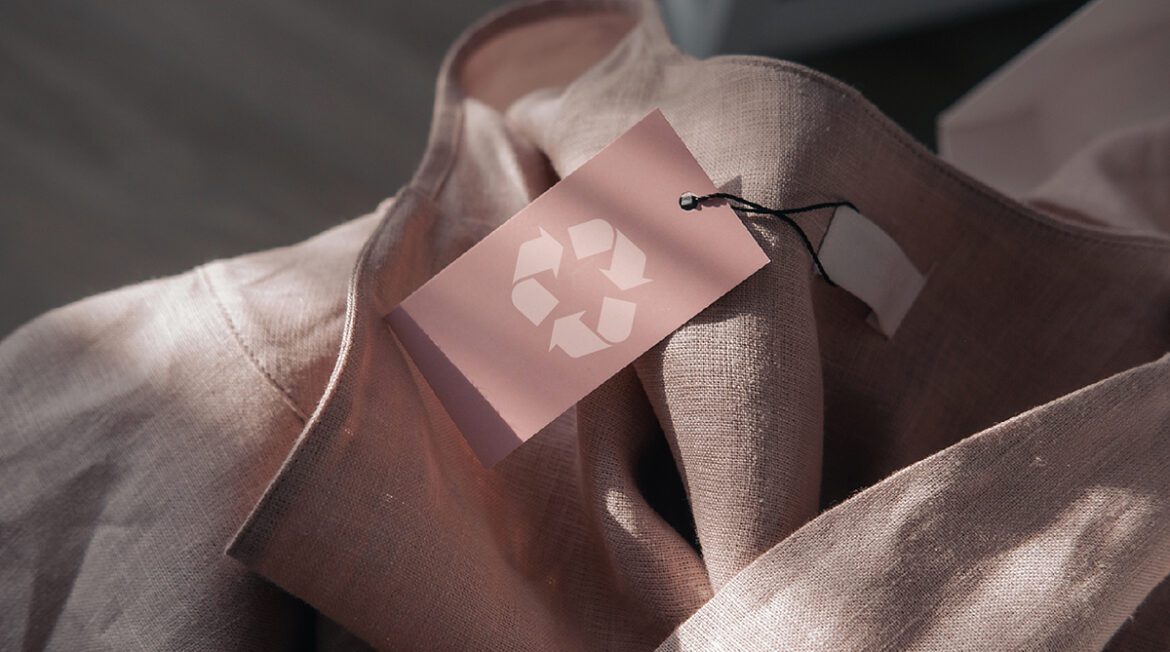Sustainability has become a key focus in the luxury market, as high-end brands increasingly prioritize eco-conscious practices to meet consumer demand and drive innovation. In an industry traditionally associated with exclusivity, indulgence, and opulence, this shift toward sustainability is redefining luxury shopping for a new generation of conscientious buyers. From responsible sourcing of materials to transparency in supply chains, luxury brands are leading the charge in shaping a greener, more responsible future without compromising on quality or craftsmanship.
One of the most significant areas of change is product development, where luxury brands are investing heavily in sustainable materials and processes. Iconic fashion houses such as Gucci, Stella McCartney, and Hermès have embraced eco-friendly alternatives to traditional materials like leather and fur. Gucci’s “Gucci Off The Grid” collection, for example, utilizes recycled and bio-based materials in both apparel and accessories, highlighting the brand’s commitment to reducing its environmental footprint. Meanwhile, Hermès has collaborated with biotech company MycoWorks to create “Sylvania,” a sustainable alternative to leather made from mycelium, demonstrating how innovation can preserve luxury while minimizing environmental harm.
This transformation isn’t limited to fashion. In the beauty sector, brands like La Mer and Chantecaille have incorporated sustainable practices into their product lines by using responsibly sourced ingredients and eco-conscious packaging. For instance, La Mer focuses on regenerative ocean farming for its key ingredient, kelp, while Chantecaille has championed conservation efforts for endangered species and marine ecosystems through its philanthropic partnerships. These initiatives signal a broader trend where sustainability is no longer a niche concern but an integral part of brand identity and consumer experience in the luxury sector.
As these brands take steps to reduce their environmental impact, transparency has emerged as a critical factor in gaining consumer trust. Shoppers are increasingly seeking detailed information about the origins of their purchases, from the materials used to the working conditions in factories. Luxury labels are responding by adopting blockchain technology to trace the lifecycle of their products, providing a clear and verifiable record of sustainability efforts. LVMH, for example, launched a blockchain platform called Aura, which allows customers to verify the authenticity and environmental credentials of their purchases, further reinforcing the brand’s commitment to ethical standards.
This pivot toward sustainability is reshaping the future of luxury shopping, positioning eco-consciousness as a hallmark of modern luxury. Consumers are no longer content with luxury for luxury’s sake; they want their purchases to reflect their values. In response, high-end brands are innovating at the intersection of craftsmanship and sustainability, ensuring that the prestige of their products extends beyond aesthetics to encompass social and environmental responsibility. As this movement continues to gain momentum, the future of luxury lies in balancing indulgence with integrity, redefining what it means to be truly luxurious in a more sustainable world.

